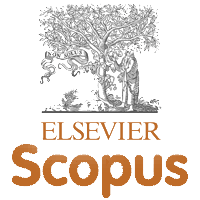HYBRID IDENTITIES AND CULTURAL COLLISION: A STUDY OF ZADIE SMITH’S ON BEAUTY
Abstract
In On Beauty, Zadie Smith intricately explores the convolutions of identity construction against a backdrop of cultural diversity and conflict. This paper examines how hybrid identities are negotiated through the interactions and tensions between different cultural, racial, and intellectual paradigms within the novel. Employing a critical framework that integrates postcolonial theory and identity studies, this study highlights the ways in which Smith’s characters grapple with their multi-layered identities in a transatlantic landscape that is both enriching and conflictual. The analysis focuses on three primary aspects: the impact of cultural heritage on personal identity, the role of intellectual and aesthetic philosophies in shaping self-perceptions, and the dynamic interplay between race and academia. By dissecting the personal conflicts of the Belsey family and their interactions with the Kipps family, the paper reveals the complexities of living at the intersections of contrasting cultural ideologies.
Through a detailed textual analysis supported by relevant theoretical perspectives, this research underscores the narrative’s critique of simplistic understandings of identity. It posits that Smith does not merely depict identity as a product of cultural synthesis but rather as an ongoing negotiation marked by continual collision and realignment. This study contributes to a deeper understanding of the formation of hybrid identities in contemporary literature, highlighting On Beauty as a significant exploration of the challenges and possibilities inherent in embracing a multifaceted cultural heritage. By exploring these themes, the paper aims to add to the scholarly discourse on how contemporary fiction portrays complex identities, offering insights that are pertinent to discussions on multiculturalism, identity politics, and the sociology of the family. This research not only advances academic conversations about Zadie Smith’s literary craft but also addresses broader questions about how identity is shaped in a globalized society.





